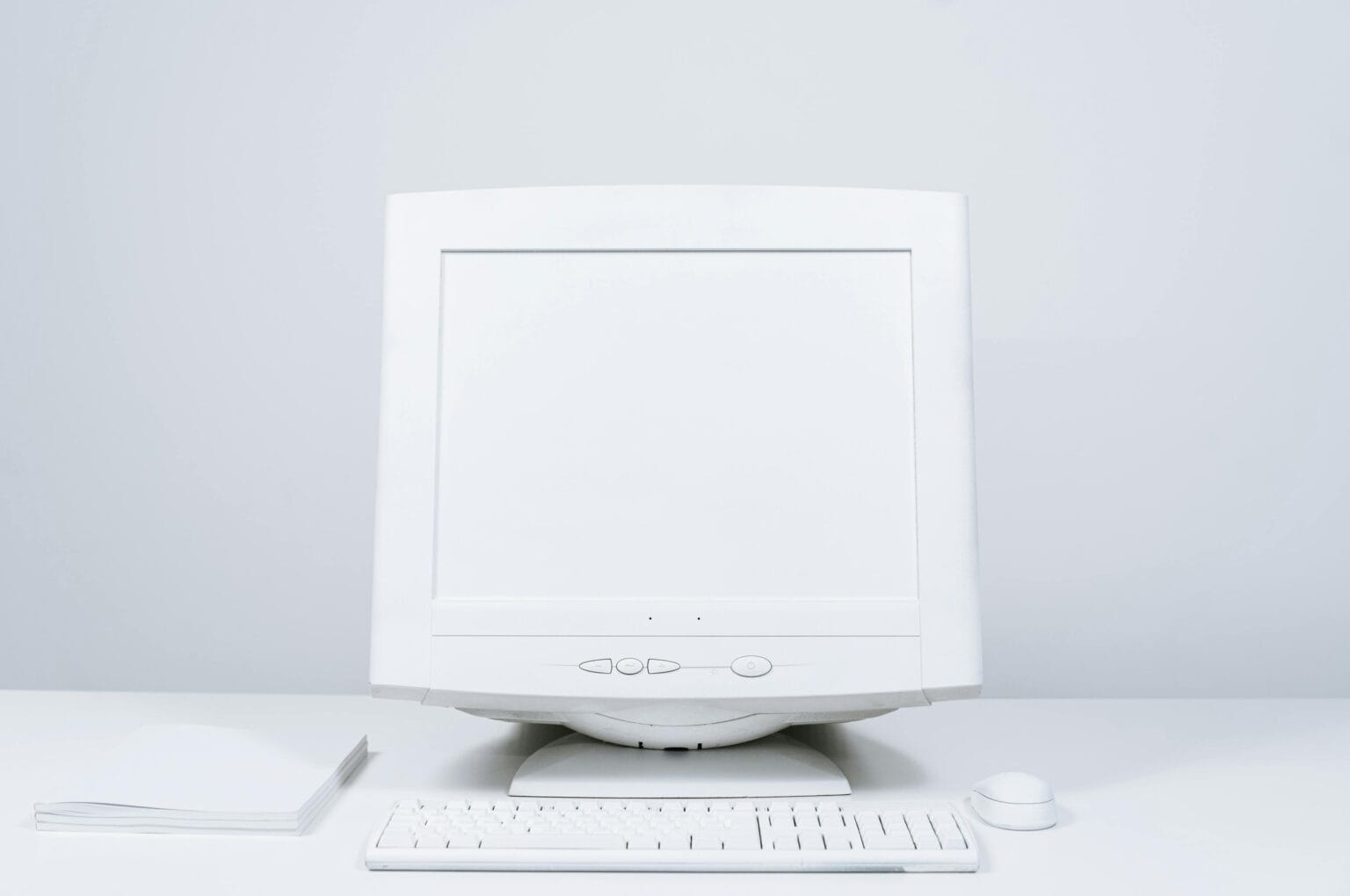In a major breakthrough for brain-computer interfacing, the first human recipient of a Neuralink brain chip has fully recovered and can now control a computer mouse using their thoughts, according to Elon Musk, the founder of Neuralink. Musk revealed the positive outcome during a Space event on his social media platform X.
The patient, who received the Neuralink brain-chip implant last month after the company received approval for human trial recruitment in September, has experienced no known adverse effects post-implantation. The individual can now move a mouse around the screen solely by thinking.
Neuralink, known for its ambitious goals in advancing brain-computer interface technology, currently focuses on maximising patients’ ability to click mouse buttons using their thoughts. The company aims to enable individuals to control a computer’s cursor or keyboard through neural signals.

Elon Musk envisions Neuralink’s chip devices not only facilitating computer interaction but also treating various medical conditions such as obesity, autism, depression, and schizophrenia. Despite scrutiny over safety protocols, Neuralink, valued at approximately $5 billion last year, remains at the forefront of brain-computer interfacing research.
This recent development follows Neuralink’s successful implantation of its first human brain chip last month, showcasing promising neuron spike detection. Since its inception in 2016, Neuralink has been dedicated to developing brain implants to address conditions like paralysis and blindness.
Neuralink’s N1 brain implant, which is cosmetically invisible and wirelessly transmits recorded brain signals to an app for decoding movement intention, is projected to generate over $220 million in revenue for treating ALS patients by 2030, according to Ark Investment analyst Pierce Jamieson.
Despite regulatory scrutiny and logistical challenges, Elon Musk believes that Neuralink’s technological advancements are crucial for humanity to remain competitive with artificial intelligence.
